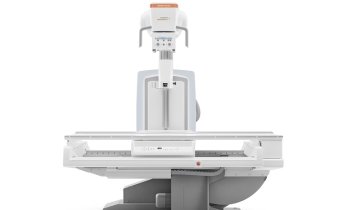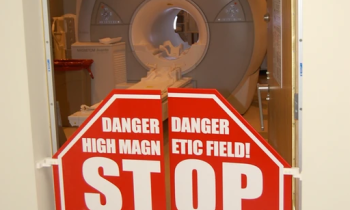Birmingham hospital leads the way on hourly nursing rounds
Patients at the Queen Elizabeth Hospital Birmingham are already seeing the benefits of hourly nurse rounds, which are expected to be rolled out nationwide, under plans announced by the Government on January, 4. to improve standards of care.

Care Rounds were introduced to all 28 inpatient wards at the hospital in March 2011 with the aim of tailoring nursing on the wards to met individuals’ needs.The hospital’s ‘back to the floor’ approach to nursing has already won awards including the 2012 Nursing Times award for continence care rounds. Feedback from patients and relatives has been positive, with a number of patients commenting on the attentiveness of the nursing staff.
The Care Round involves hourly visits to each ward (apart from A&E and critical care) with medical staff speaking to every patient to understand their needs. As each patient has a unique set of circumstances, the hourly observation means care is tailored to suit the individual as their condition changes. Kay Fawcett, Chief Nurse at University Hospitals Birmingham NHS Foundation Trust, said the initiative is already reinforcing standards and enhancing levels of patient care.
“We have outstanding staff here at UHB and this initiative has been embraced because it gives us a way of ensuring patients are being seen and cared for.
“The announcement endorses what we do at here at UHB. Patients are at the centre of everything we do here, so this is extremely important for us and we feel it is something which will be watched closely by other trusts around the country.”
Care Rounds are completed by anyone who visits the patient, including doctors, nurses, physiotherapists, dieticians or healthcare assistants, and involves making sure those little conveniences, such as having a book at easy reach, become part of basic care. It also triggers staff to conduct more in-depth assessments if patients are having difficulty walking or eating and drinking.
Senior clinical educator Sue Crossfield, who helped introduce Care Rounds to QEHB said: “By bringing the focus of care back to the bedside, staff ensure that patient care is individualised, that clinical risk assessments are completed within the required timeframes and, most importantly, the patient is as happy and as comfortable as possible. After all, they need to feel that the staff are looking after them.”
07.01.2013









